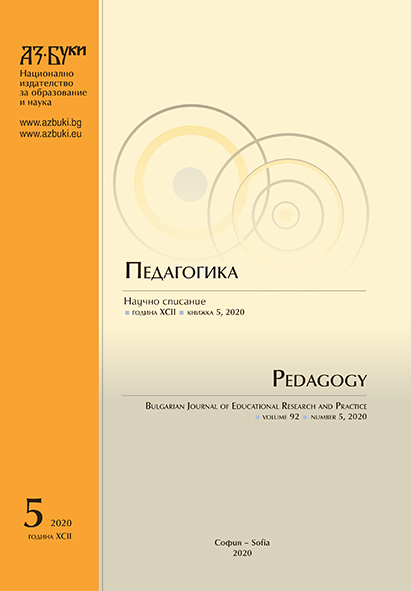Language Learning in a Nation under Transition
Language Learning in a Nation under Transition
Author(s): Xhavit BeqiriSubject(s): Social Sciences, Education, Sociology, School education, Vocational Education, Adult Education, Higher Education , State/Government and Education, Social development, Family and social welfare, Social Informatics, Economic development, Social Norms / Social Control, Globalization, Inclusive Education / Inclusion, Identity of Collectives
Published by: Национално издателство за образование и наука „Аз-буки“
Keywords: language; learning; transition; method; Kosovo; teacher; student
Summary/Abstract: This study investigates some features of language learning in countries in transition, focusing on Kosovo and South-East European areas and viewing the process in relation to language learning culture before. Understanding that language teaching is not a task pertaining to a teacher of language and literature, but to the whole school system, and intersubjective thinking began to produce their effects especially from the fall of the Berlin Wall and thereon, in almost all South-East Europe countries in transition. Kosovo was one of the countries affected by a transitional atmosphere in which introduction of different methods and techniques in the classroom were not only being seen as a need, but as a must. The present paper aims to argue that language learning and teaching, especially in countries that are going through a transition process, represents a very important challenge in terms of inputs and outputs of the system of education of today’s society.
Journal: Педагогика
- Issue Year: 92/2020
- Issue No: 5
- Page Range: 720-726
- Page Count: 6
- Language: English
- Content File-PDF

